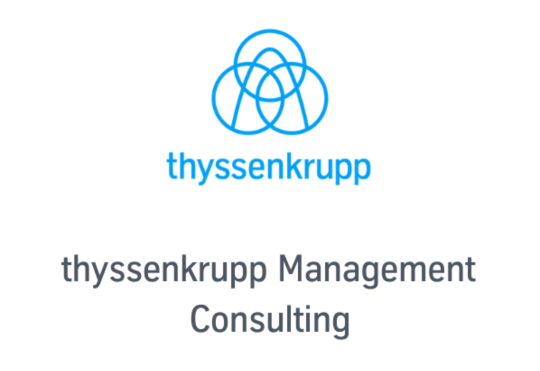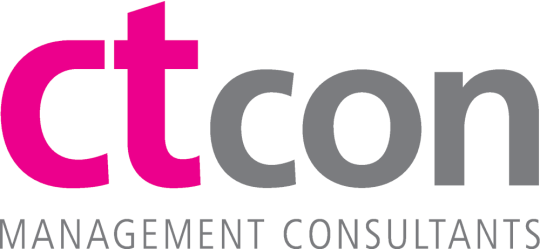When applying to top consulting firms, one of the most crucial stages of the interview process is the case interview. This format is designed to assess your analytical competencies, problem-solving skills, and ability to think strategically under pressure. Let's take a look at what to expect.
The Case Interview Format
Structure of a Case Interview
A case interview is a 30-minute simulation of a typical business project that consultants may have worked on. Cases provide a real example of an on-the-job experience and the assumption is that if a candidate is successfully able to tackle a case interview, he or she is also more likely to be a successful management consultant.
Case studies are the most important and usually the longest part of consulting interviews. In addition to the case study, the interview typically includes introductory small talk, a personal fit interview, and closing questions (see the illustration below).

Many companies review and standardize their consulting cases prior to a real interview to ensure that the case is neither too difficult nor too easy. Companies also ensure that a variety of skills are tested during the interviews.
The Typical Flow of a Case Interview
The case interview typically follows a structured flow to ensure that both the interviewer and the candidate cover all necessary aspects of the business problem. It involves the following phases:
1. Case Presentation and Problem Understanding
To start off, the interviewer will present a specific business problem or scenario. This could range from market entry considerations, to profitability issues, or organizational changes. The problem is usually based on real-world business issues that the consulting firm dealt with in the past.
You are expected to listen carefully, take notes, and clarify any points that are not clear to fully understand the scope and context of the problem.
👉 To get a better feeling for possible case prompts, check out the following beginner cases.
2. Framework Development
Afterwards, you outline a structured approach or framework to tackle the problem. Common frameworks include the SWOT analysis, Porter’s Five Forces, or the 4P's, with which you can structure your information. This step demonstrates your ability to break down complex issues into manageable parts.
However, keep in mind that it is not enough to simply memorize the standard framework concepts. While standard frameworks are useful for a rudimentary outline of a case problem, they need to be optimized and adapted to the individual case. Don't worry, as this is a skill you can develop, but it definitely requires thorough preparation and practice.
Once you have crafted your structure, clearly explain your framework to the interviewer, ensuring he or she understands your thought process and logical flow.
3. Analysis and Problem Solving
Next, you dive into the analysis. During the interview, your interviewer may provide additional data, charts or exhibits. Analyze this information to support your framework and build your argument. Formulate hypotheses based on your analysis and test them against the data provided. If needed, adjust your approach based on your new findings.
During the quantitative analysis, perform the necessary calculations to support your findings. This could include market sizing estimations, profitability calculations or a cost analysis. Good mental math skills will definitely help in this phase.
4. Recommendations
Once you have worked through your structure, provide clear, and actionable recommendations based on your analysis. Use the Pyramid Principle of communication, highlight your key findings and explain how they address the problem.
You should also be ready to justify your suggestions with evidence from your analysis (i. e. data) and discuss possible next steps or further areas of investigation that the client may wish to consider.
After all, the interviewer may question your conclusions or ask for further clarification. Be prepared to defend your recommendations and discuss alternative perspectives.
After, all the best way to prepare for your interview is practice. Explore our Case Library with real examples now!
Key Takeaways for Your Case Interview Success
Mastering the case interview is a crucial step in securing a consulting job. To perform well, you need to demonstrate structured thinking, analytical skills, and clear communication while solving a real-world business problem.
The interview typically follows a structured flow, starting with an introduction and resume discussion, followed by the case presentation, where you clarify the problem and outline a logical framework. From there, you analyze data, test hypotheses, and apply quantitative skills to arrive at well-supported recommendations. Finally, you summarize your findings and engage in a discussion to defend your approach.
Success in case interviews comes down to practice. Familiarizing yourself with common frameworks is useful, but true preparation involves adapting them to different cases, improving your problem-solving speed, and refining your communication. By structuring your thoughts clearly, staying flexible in your approach, and confidently presenting your findings, you’ll increase your chances of impressing your interviewer and landing an offer at a top consulting firm. 🚀







